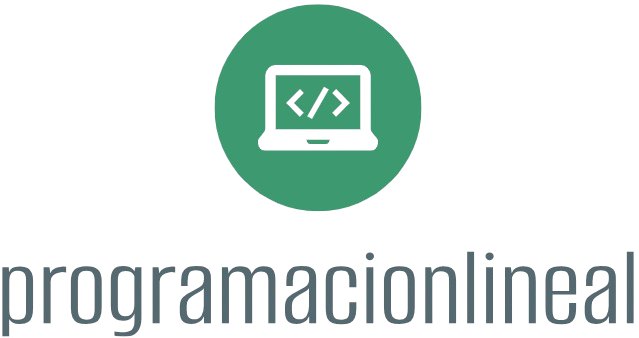Learning C programming can be an exciting journey, especially for beginners. Here’s a structured guide to help you get started:
- Understand the Basics: Start with the fundamental concepts of programming. Familiarize yourself with what programming is, how computers interpret code, and the importance of syntax.
- Set Up Your Environment: Download and install a text editor or an Integrated Development Environment (IDE) suited for C programming, such as Code::Blocks, Dev-C++, or Visual Studio. Ensure you also have a C compiler installed, like GCC.
- Learn C Syntax: Dive into the basic syntax of C. Understand data types, variables, operators, control structures (like loops and conditional statements), and functions. Resources such as online tutorials or programming books can be very helpful.
- Practice with Simple Programs: Start writing simple programs to apply what you’ve learned. Begin with basic tasks like printing “Hello, World!” and gradually progress to more complex algorithms, calculations, or data manipulation.
- Explore Functions and Structures: Learn how to create your functions to promote code reusability. Familiarize yourself with structures, which allow you to group different variables under a single type.
- Understand Pointers and Memory Management: Pointers are a unique feature of C that allow you to manage memory directly. Understanding how pointers work, along with concepts like dynamic memory allocation, is crucial.
- Use online resources and courses: Consider taking online courses from platforms like Coursera, edX, or Udemy. They often provide structured learning paths, quizzes, and downloadable resources to aid your understanding.
- Work on Projects: Apply your skills by working on small projects. This could include building a simple calculator, a text-based game, or a basic file management system. Projects help solidify your understanding and give you practical experience.
- Read C Programming Books: There are many great books available, such as “The C Programming Language” by Kernighan and Ritchie, which is widely considered a classic in the field. Another good option is “Head First C” for a more engaging approach.
- Join Coding Communities: Participate in online forums, coding groups, or local meetups. Engaging with a community can provide support, motivation, and opportunities to discuss problems or share insights.
- Consistent Practice: Regularly practice coding problems on platforms like LeetCode, HackerRank, or CodeSignal. This will help sharpen your skills and prepare you for more advanced concepts.
- Explore Advanced Topics: Once you are comfortable with the basics, consider topics like data structures, algorithms, file handling, and more complex programming techniques.
By following this guide and maintaining a consistent practice schedule, you’ll build a solid foundation in C programming. Remember, the key to mastering any programming language is persistence and practice.











